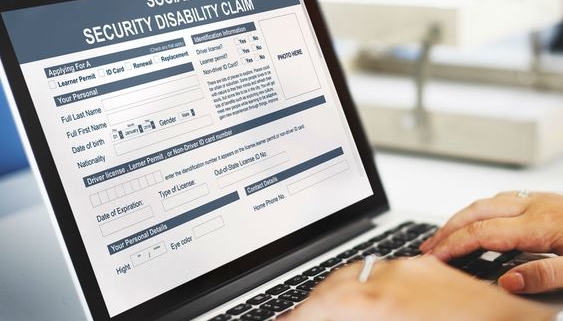Will Social Security Benefits Be Impacted by COVID-19?
Whether you currently receive Social Security benefits or you are one of the millions of Americans who stands to draw on benefits later in life, you may have heard rumors and whispers about the future of this program. It isn’t just hearsay; the fact is, COVID-19 could put the future of Social Security in some jeopardy. However, the program is not in immediate danger, and there are ways that the system can be saved and preserved for years to come. Keep reading to learn more.
Your Stimulus Payment is Not Income
For those currently receiving Social Security payments due to age or disability, you may be concerned about the implications of receiving a stimulus check or deposit from the government. Extra money coming in is usually helpful, but not when it prevents you from collecting SS payments or getting other benefits.
Luckily, this is not a risk for SS beneficiaries. Economic impact payments are not considered income. You can use this money to meet your needs without worrying about losing access to ongoing benefits from Social Security.
Social Security Shortages
COVID-19 could have long-lasting effects on the Social Security program. The program is funded by current payroll taxes. There is a trust fund to cover shortages, but in general, the program is supposed to be sustained by those who are currently working.
Unfortunately, the United States seems to be sprinting toward its highest-ever unemployment rate. When people are unemployed, they are not bringing in income and they are not contributing to Social Security via their payroll taxes. As a result, the program could run into immediate shortages as the country’s unemployment rate increases. If the program incurs a large deficit to cover shortages, this could cause significant problems down the line.
Consider also the number of retirement-aged adults who were working but must now claim their Social Security benefits earlier than expected (because of COVID-19) just to get through. This increases the burden on the program and further deepens the shortages. When you combine more people drawing from the program with fewer people paying into the program, you have a potential crisis looming.
Social Security’s Future and Payroll Taxes
At this point, the future of Social Security is tenuous and unpredictable. The decreased amount of money entering the program through payroll taxes could drain it of funds much sooner than anticipated. Research indicates that the Social Security program will, for the first time, pay out more than it takes in during the year 2021.
That by itself is not a good sign. When you add in an unexpected pandemic, it becomes likely that we will reach this undesirable milestone before the calendar flips to the New Year. Once that milestone is reached, it is just a matter of time until the program runs out of funds unless the government intervenes, which it will have to do at some point. Currently, estimates indicate that the Social Security program will run out of money in 2035.
Repeated suggestions to cut payroll taxes could further restrict the program’s ability to provide for the nation’s elderly and disabled. If payroll taxes are cut either permanently or temporarily, the money flowing into Social Security drastically decreases.
What Comes Next
This may all sound very grim, but it doesn’t have to be. Yes, if things continue exactly as they are, the program could go broke and be shut down. This would be disastrous for seniors, the disabled, and younger workers who have paid into the program their whole lives and would then have nothing to show for it.
However, that scenario is unlikely to happen. There is strong bipartisan support to protect Social Security, although the methods recommended vary considerably across legislators. The end goal is the same, however; legislators simply need to agree on a way to achieve it.
COVID-19 isn’t a disaster for Social Security, but it has brought the issue of Social Security to the forefront and forced a discussion. This is actually beneficial for those who currently rely on Social Security payments or will rely on Social Security payments in the future.
By forcing a discussion now rather than when the program is about to run out of funds, this situation may put the country in a position to begin planning for the long-term viability and sustainability of Social Security.
In the meantime, if you are currently receiving Social Security retirement or disability benefits and you are concerned about not receiving the support you need, rest easy. The program is currently fully funded and will continue to be for the foreseeable future.
At Burge & Burge, we know how crucial Social Security is to our community, and we are dedicated to helping those with disabilities get the payments they deserve. If you are struggling with your Social Security disability claim, message us online or call our office today at 205-251-9000 to discuss your situation.





Leave a Reply
Want to join the discussion?Feel free to contribute!